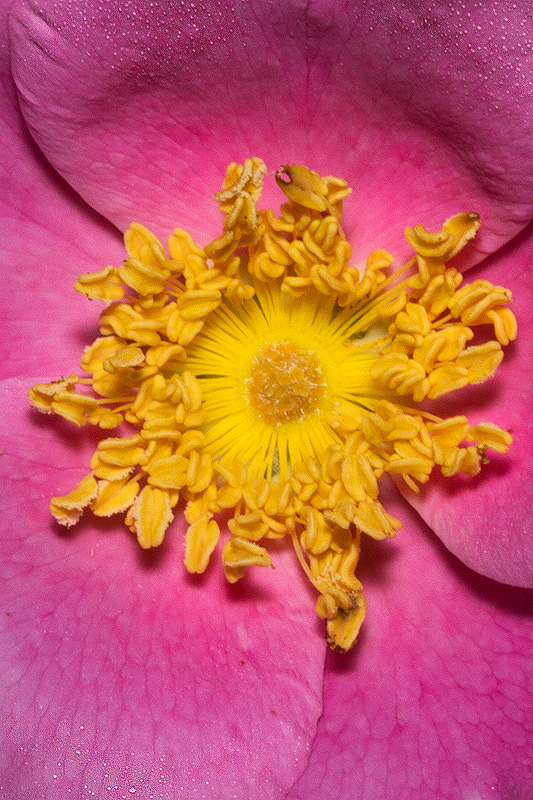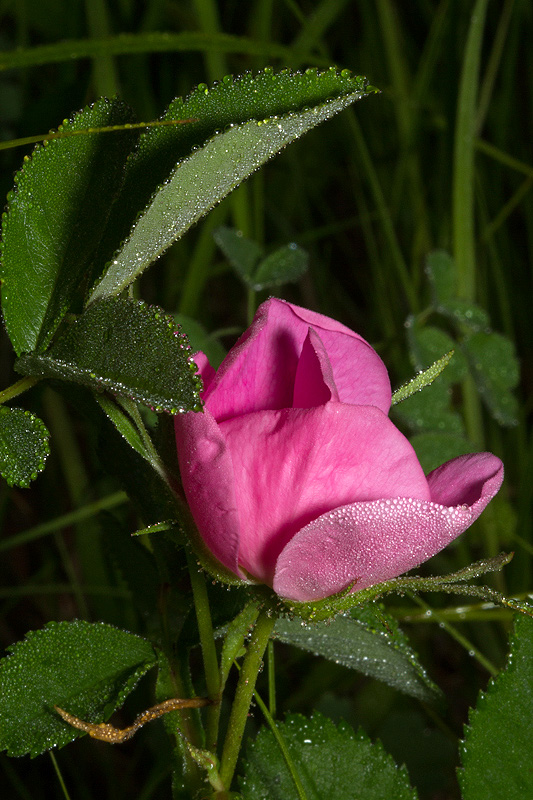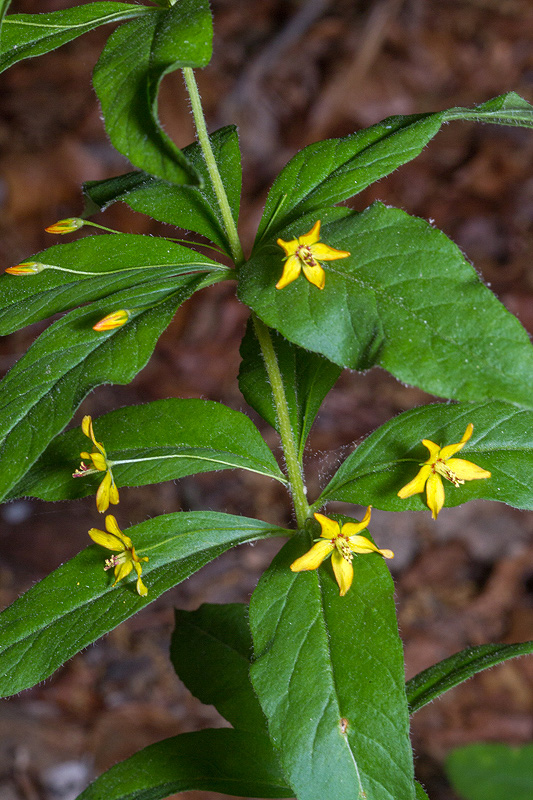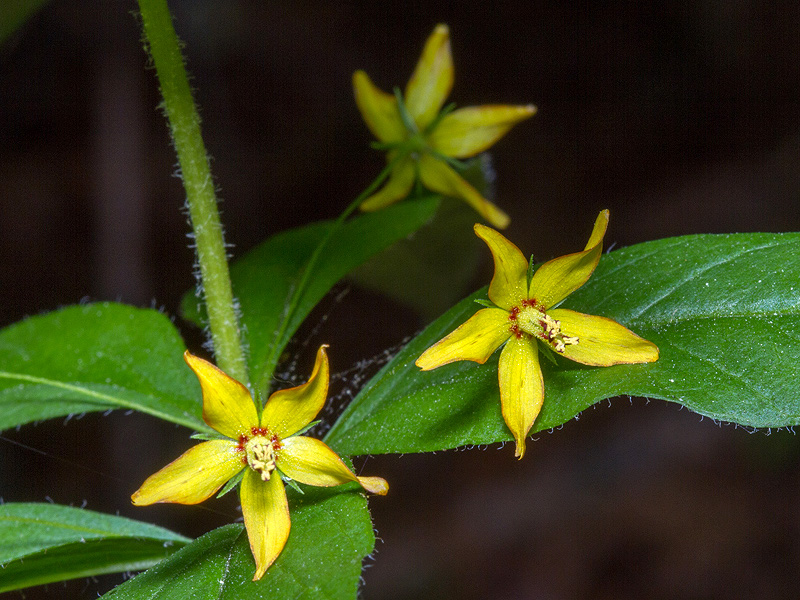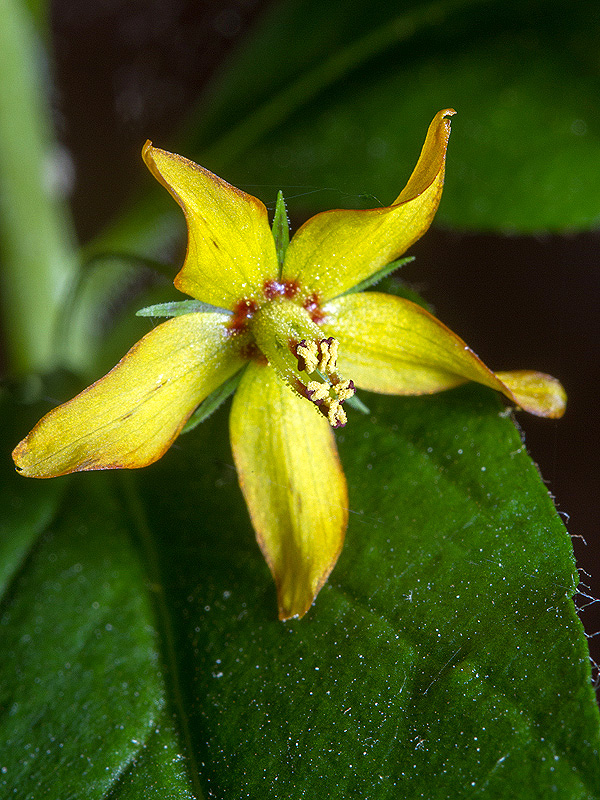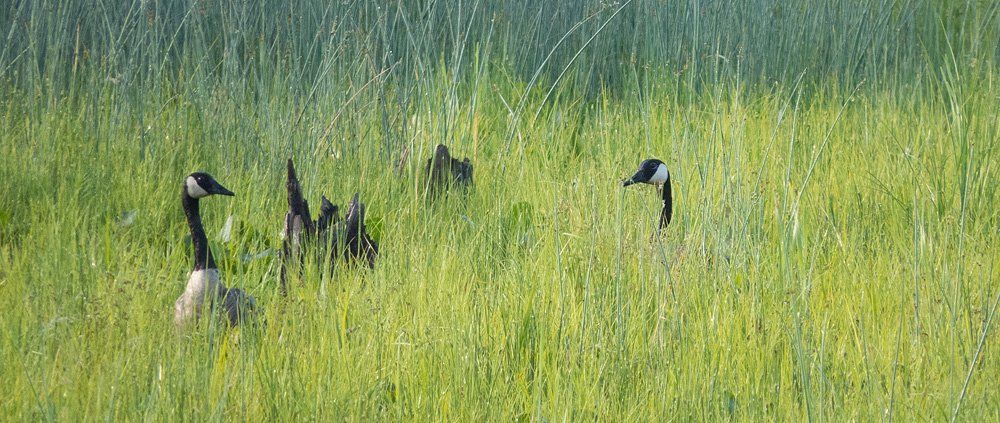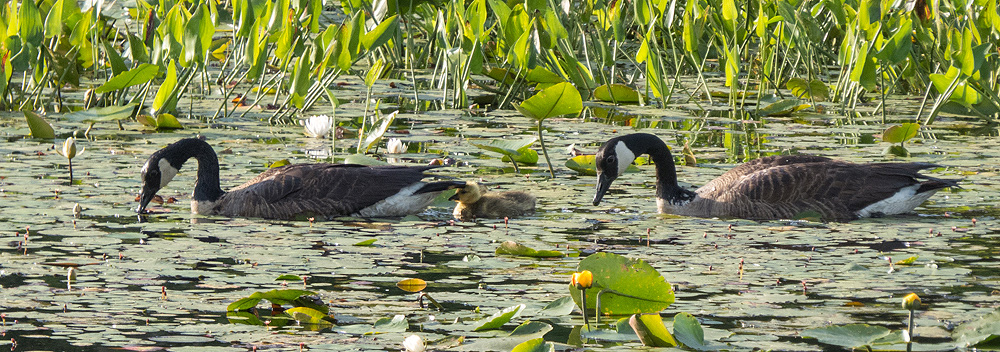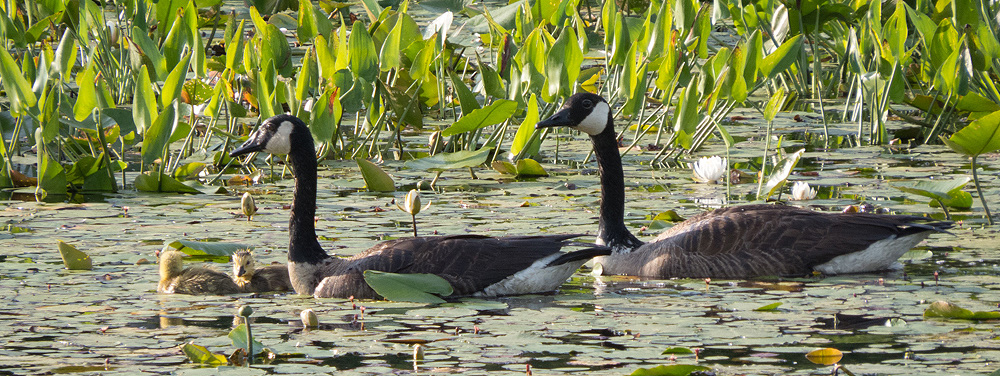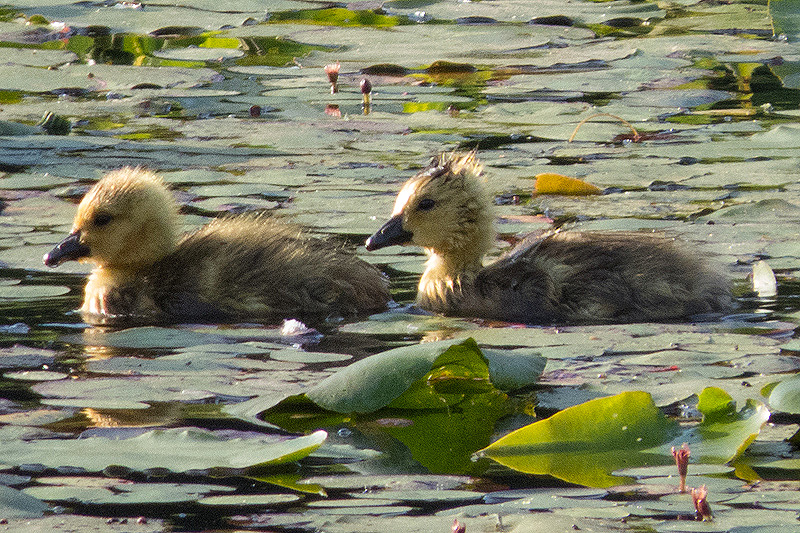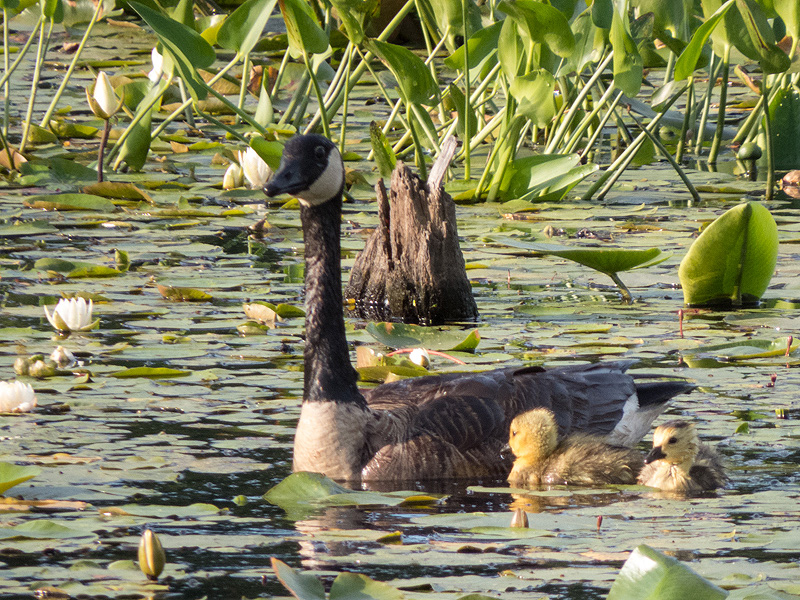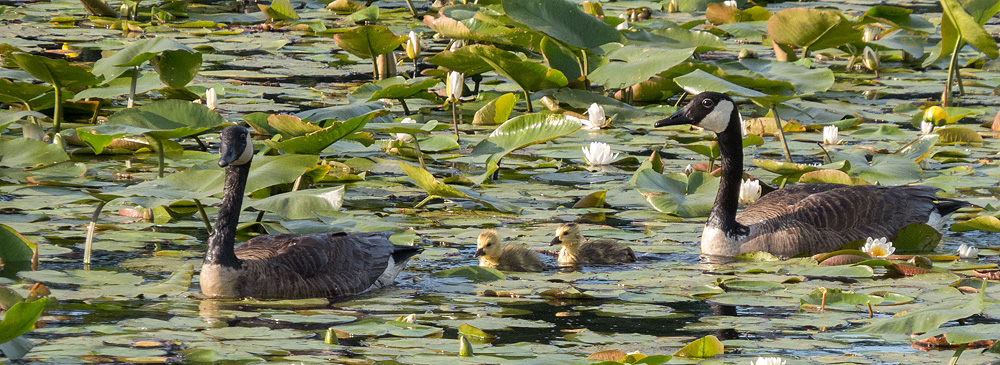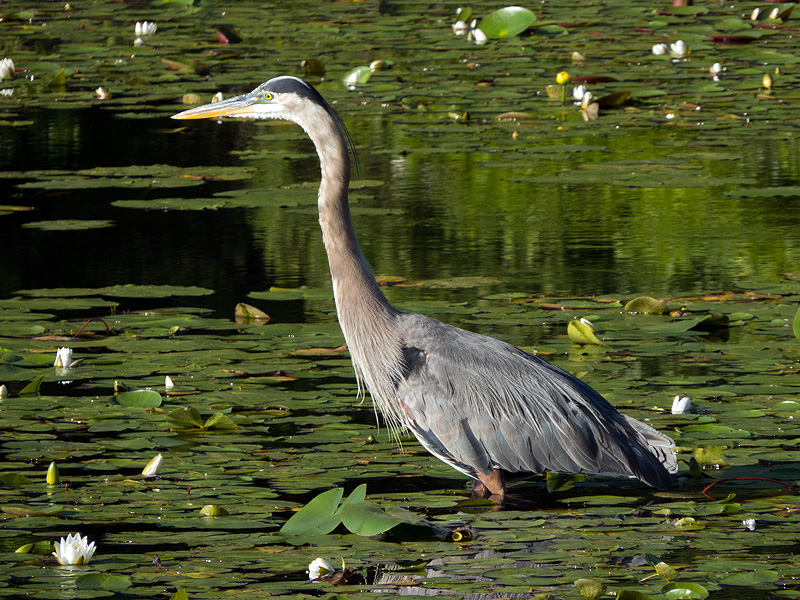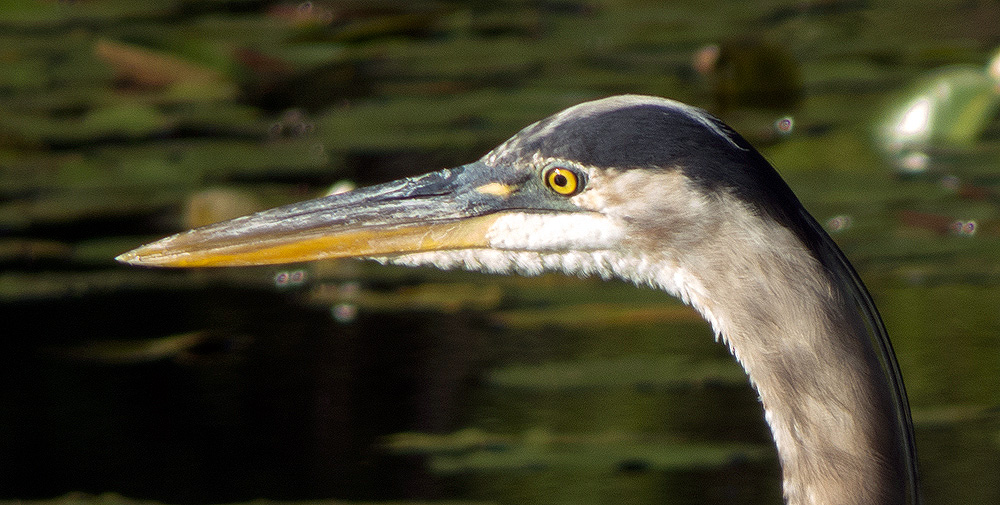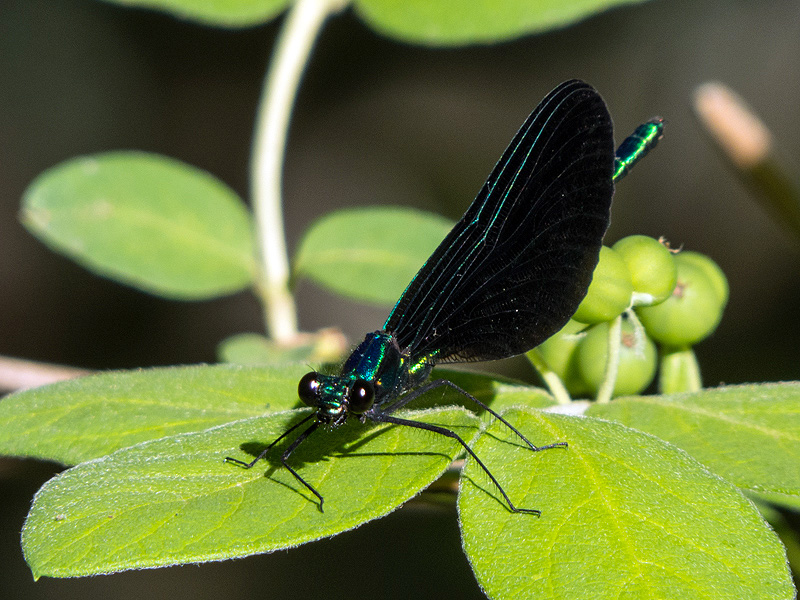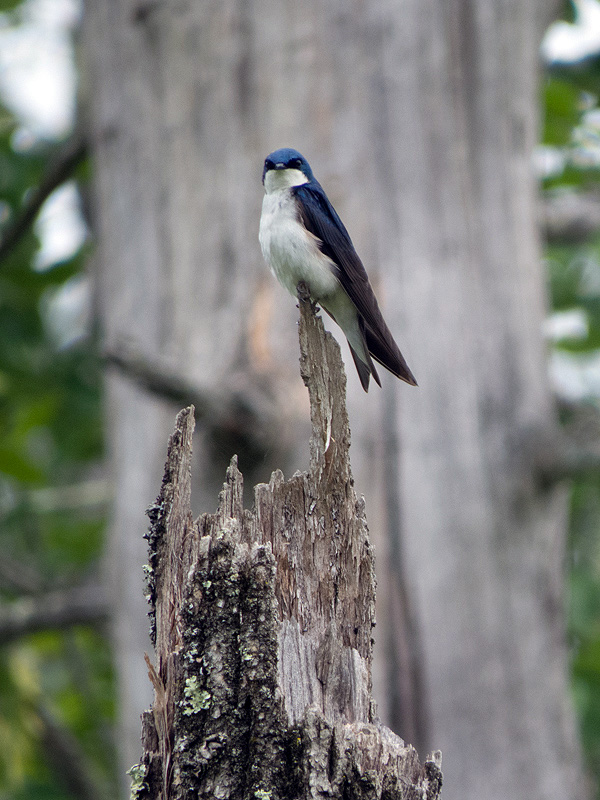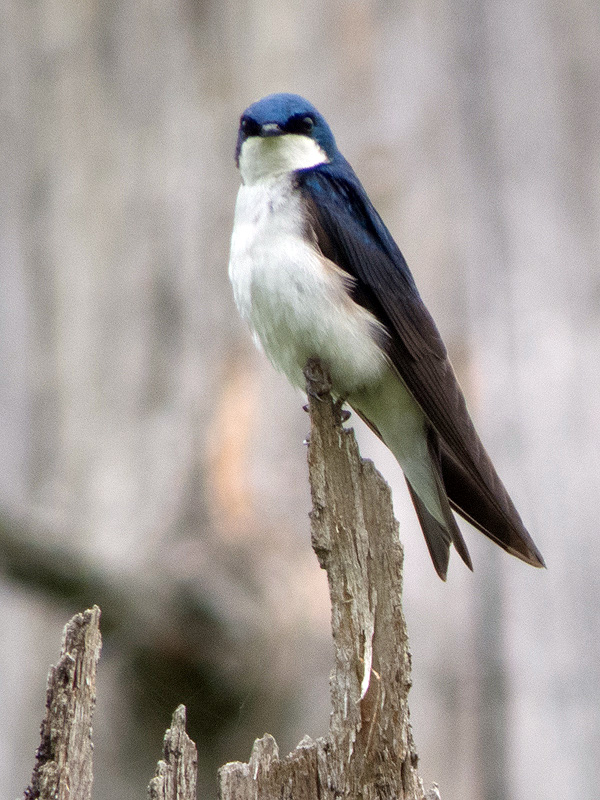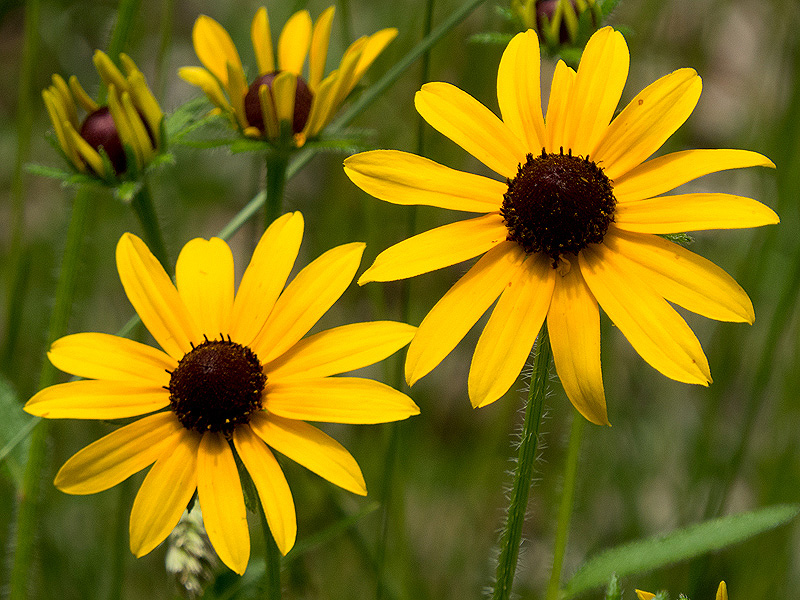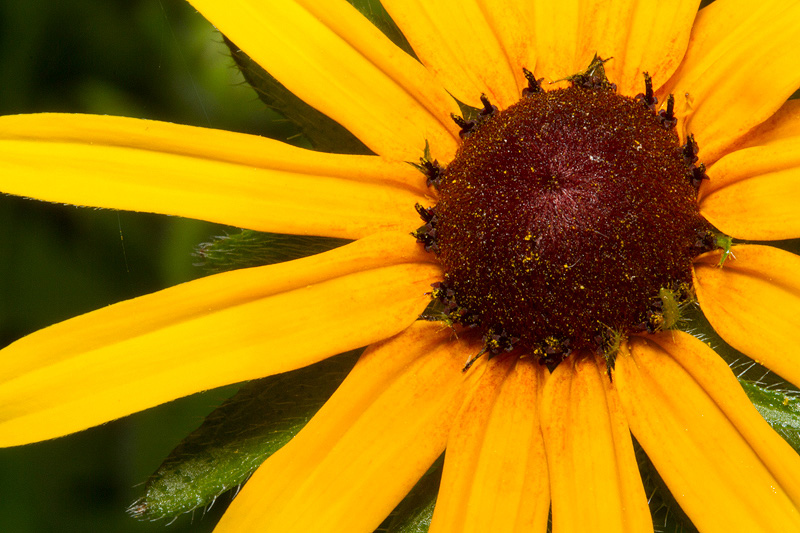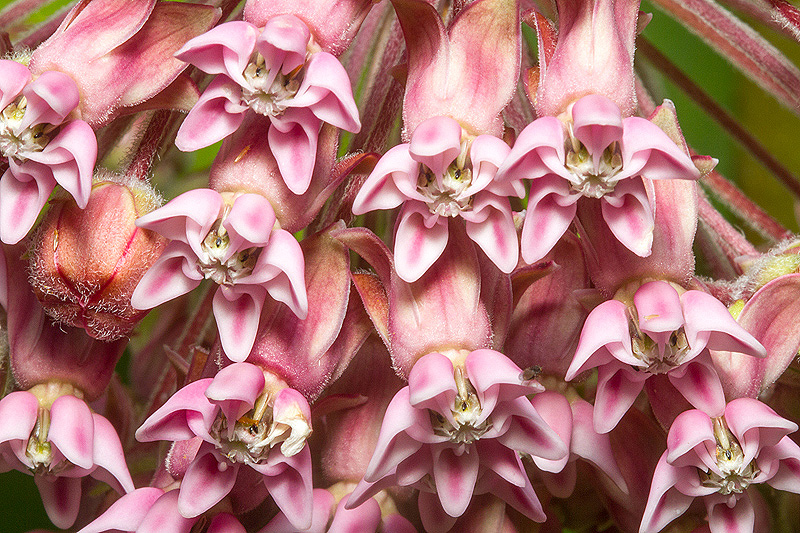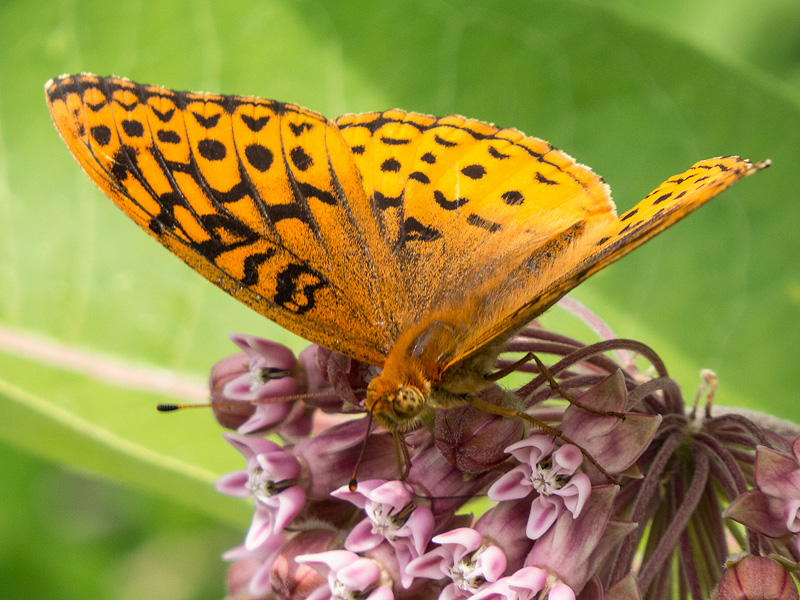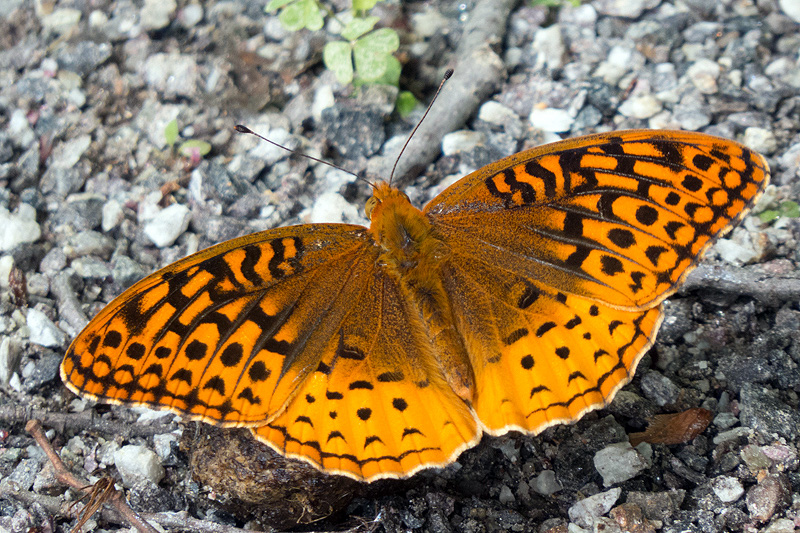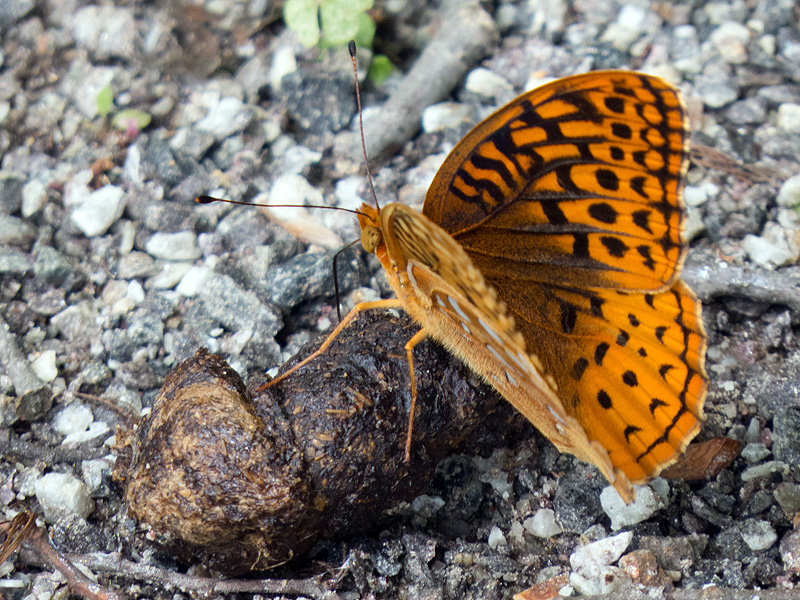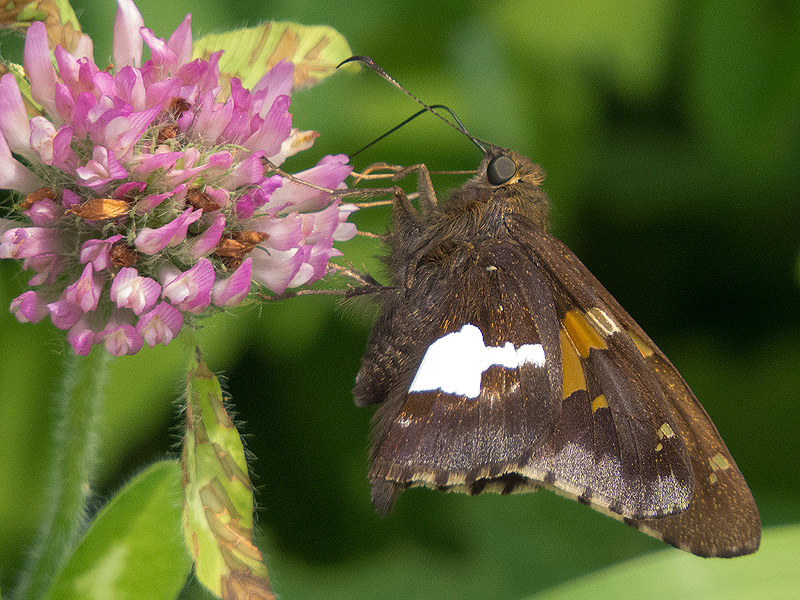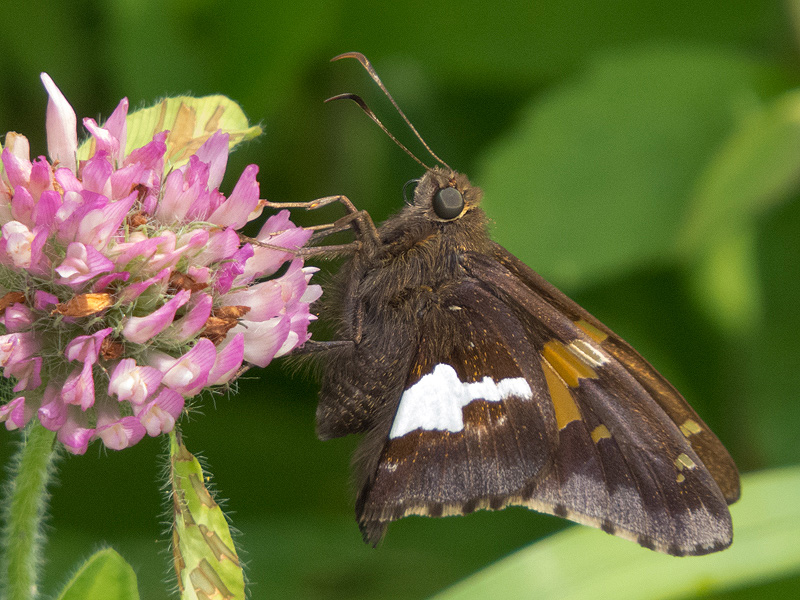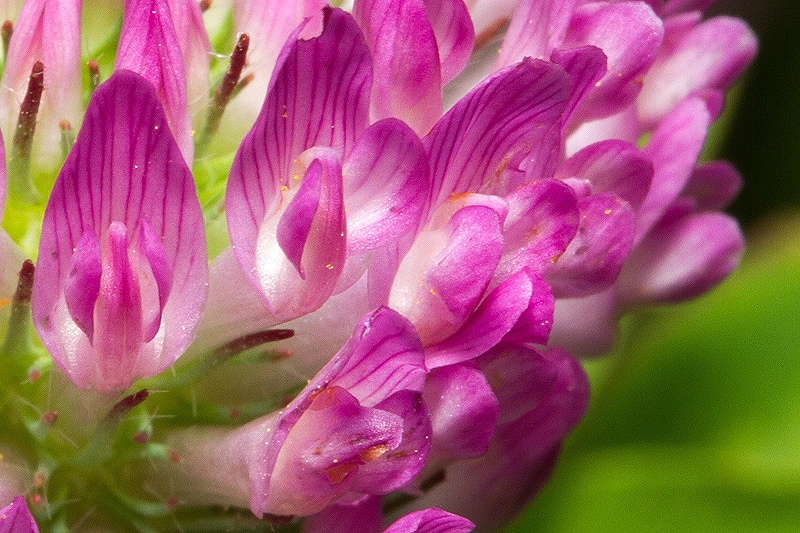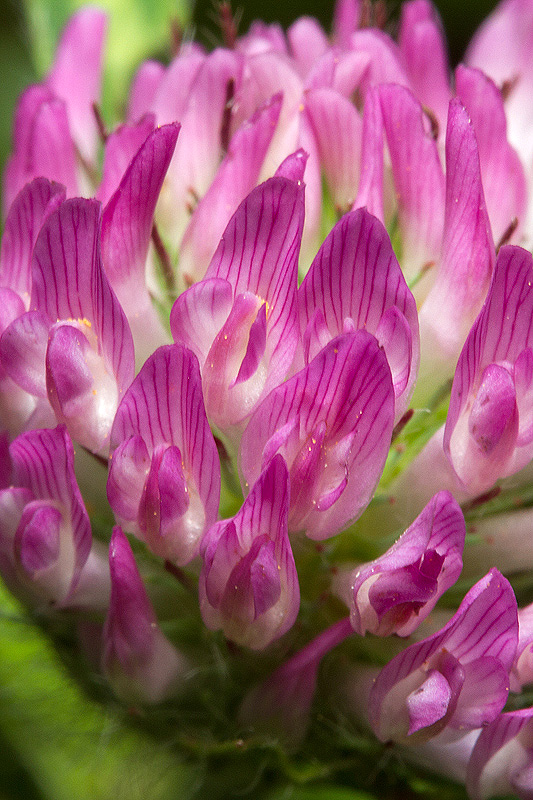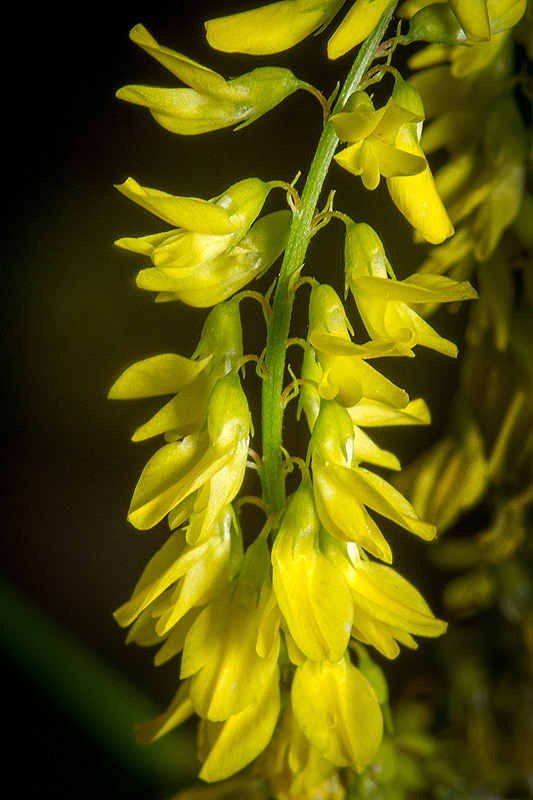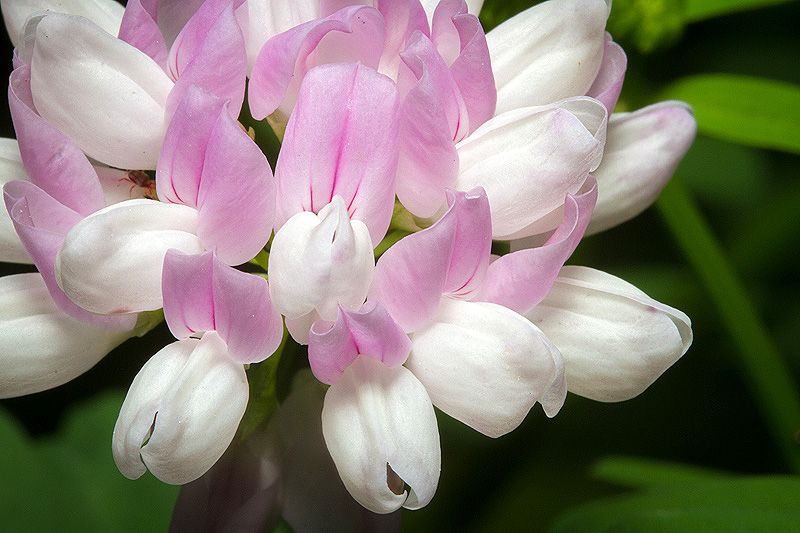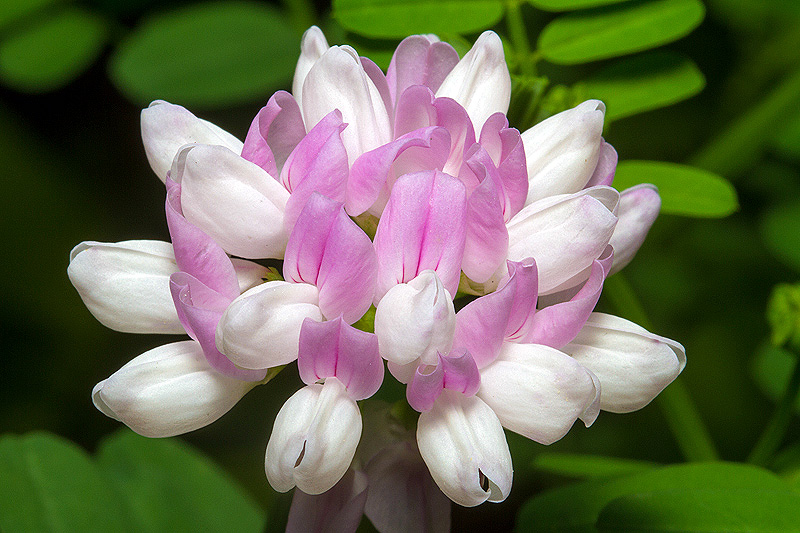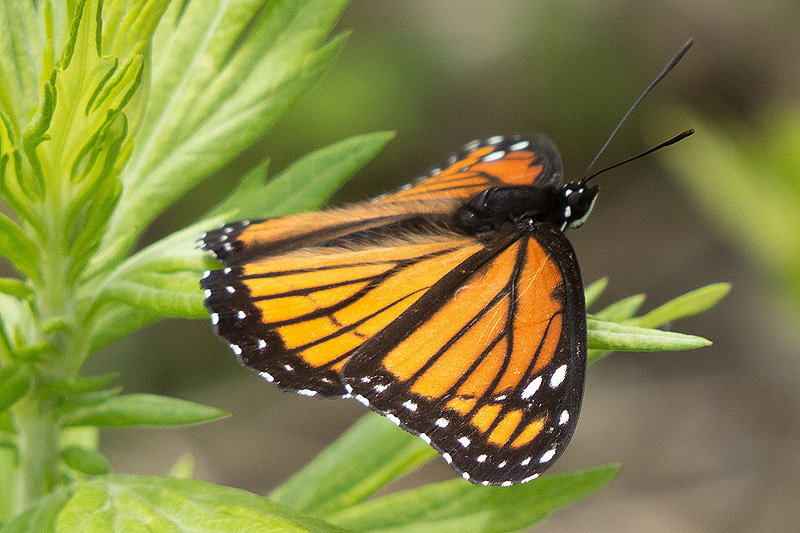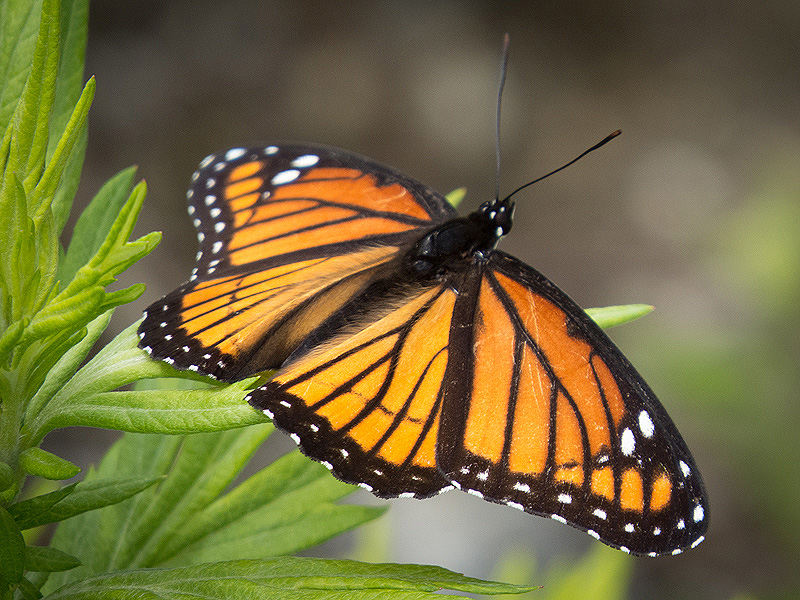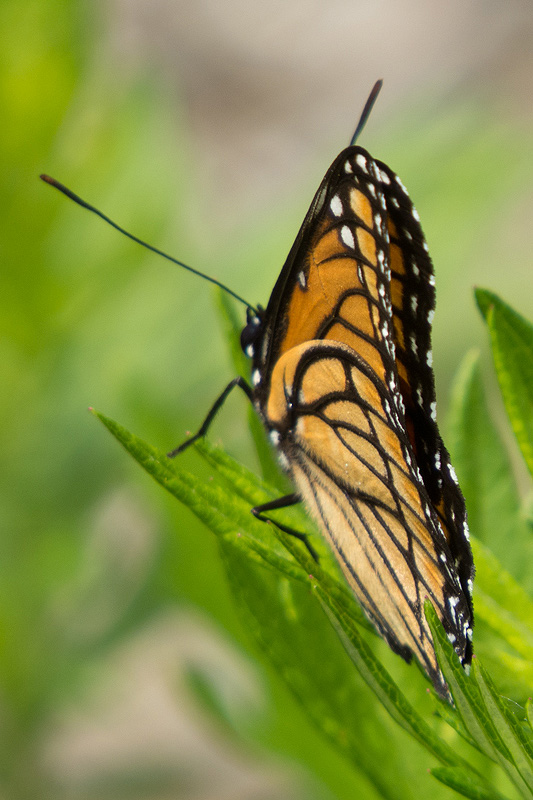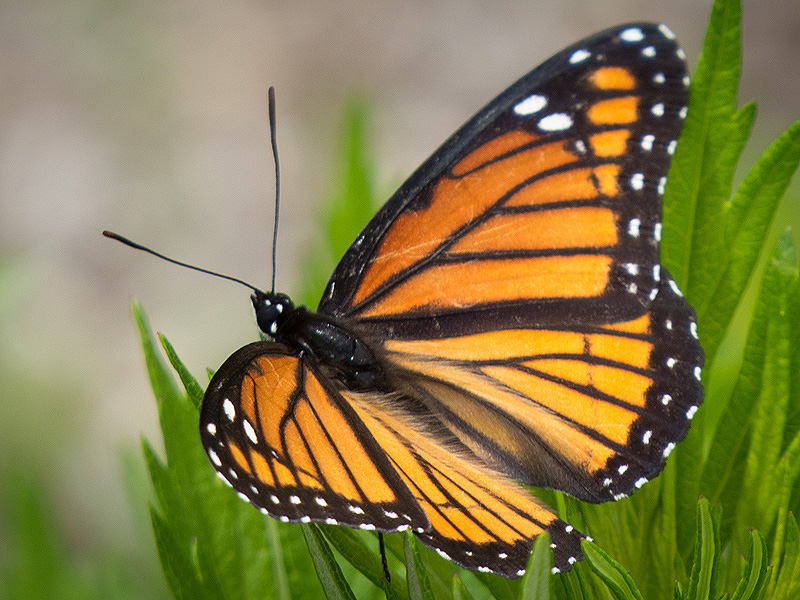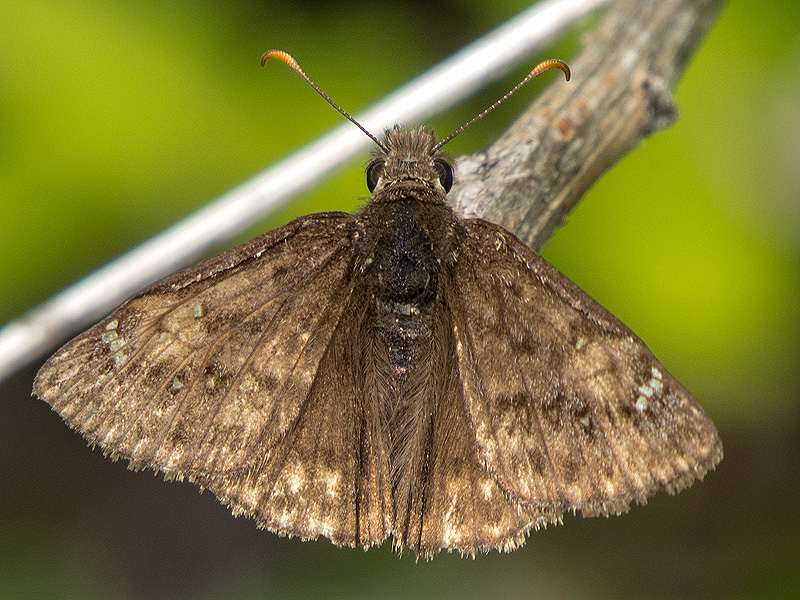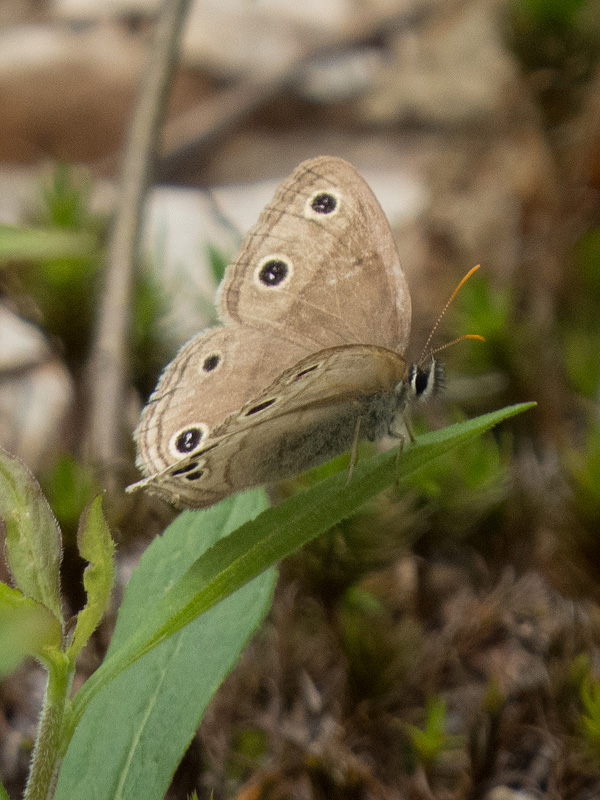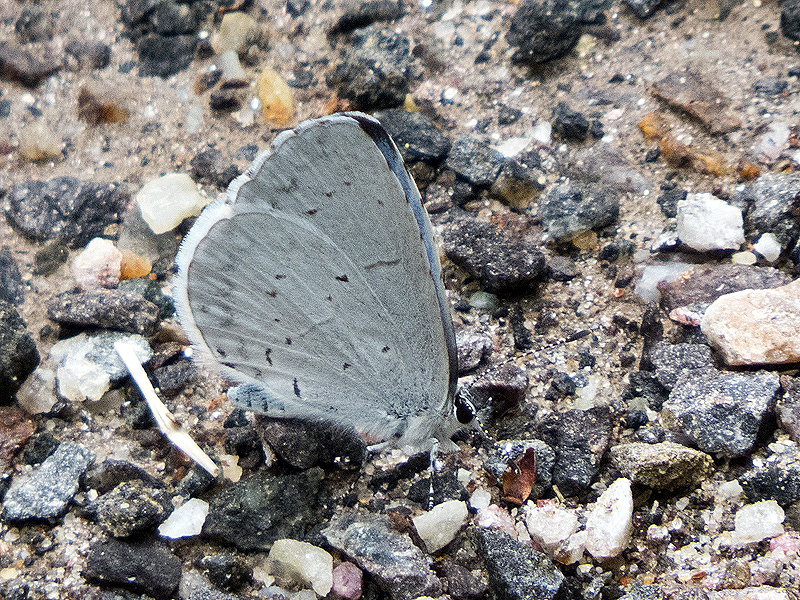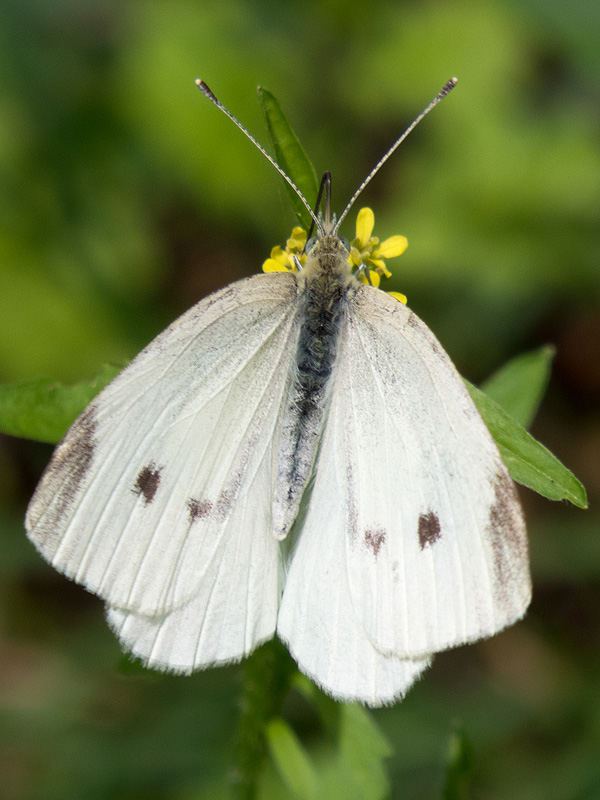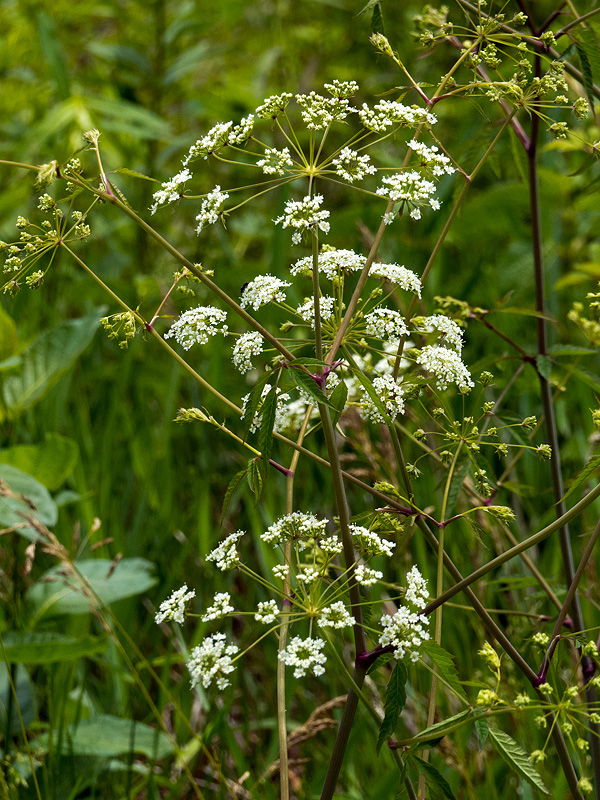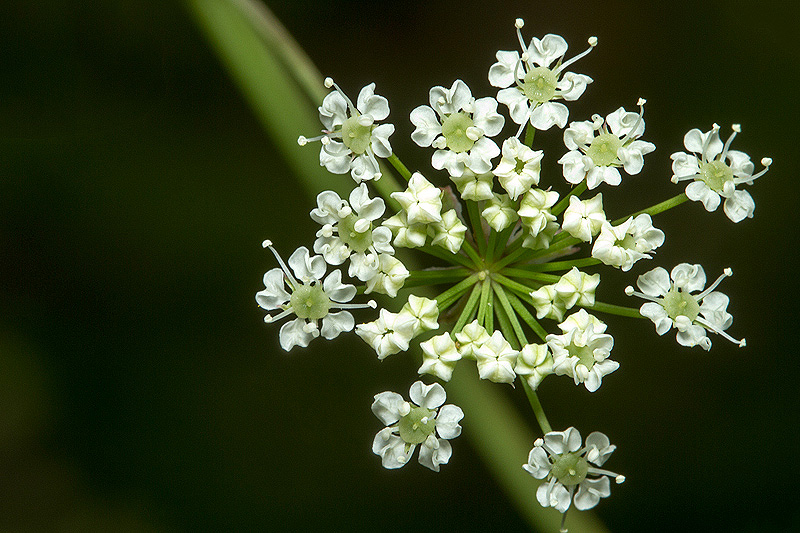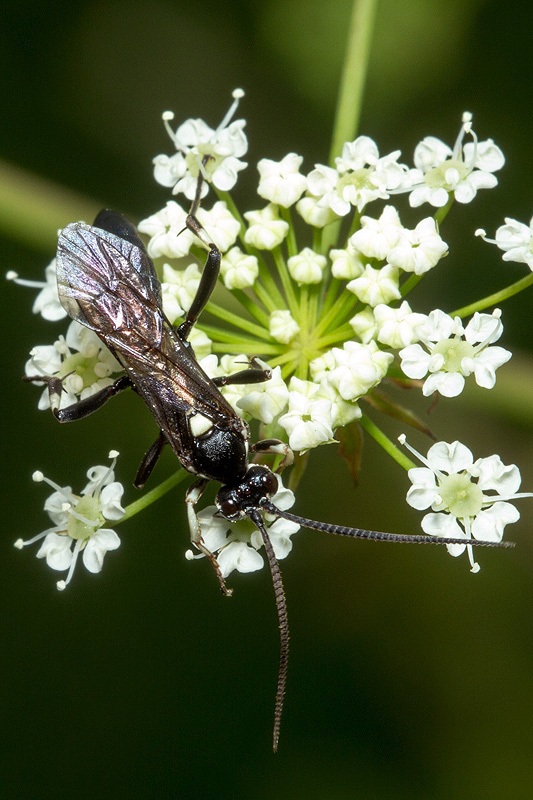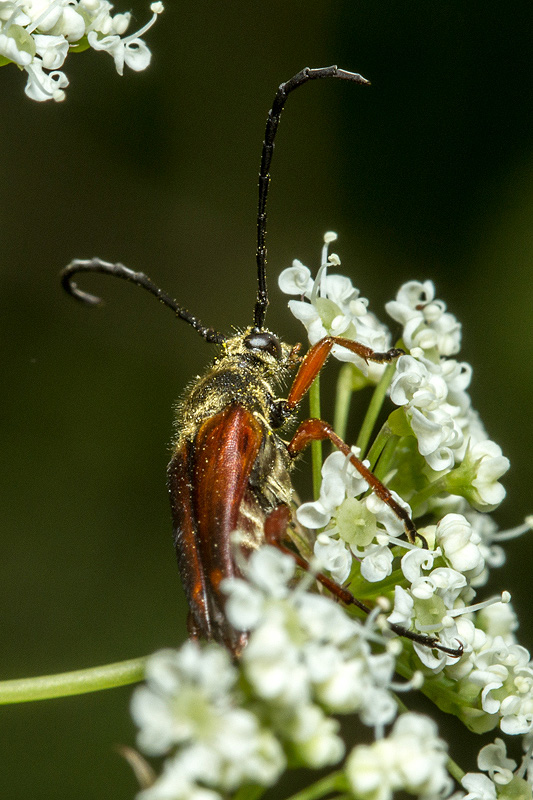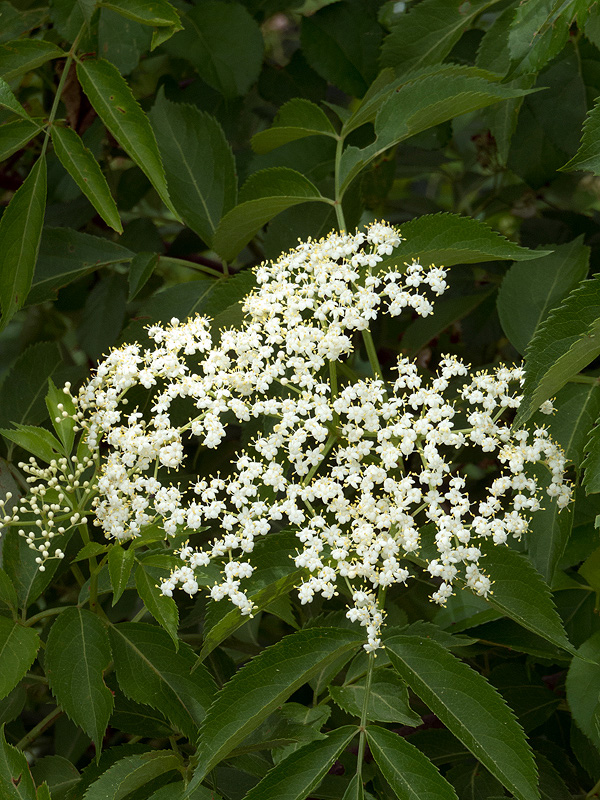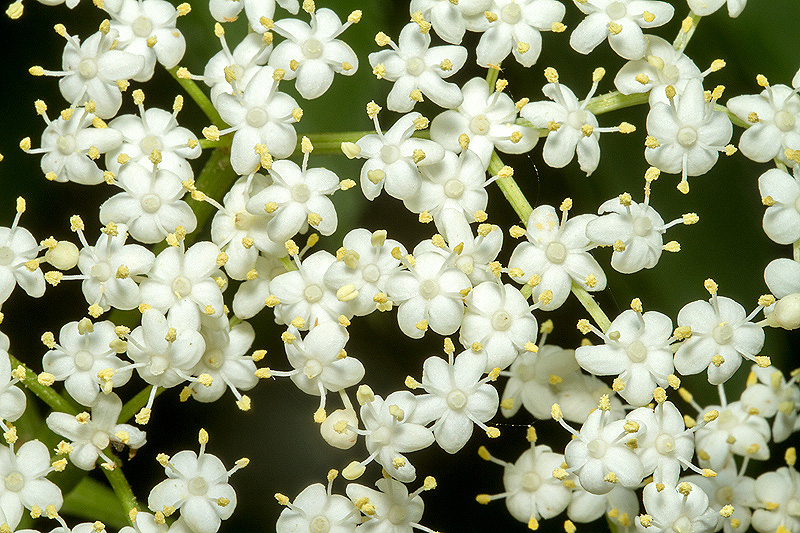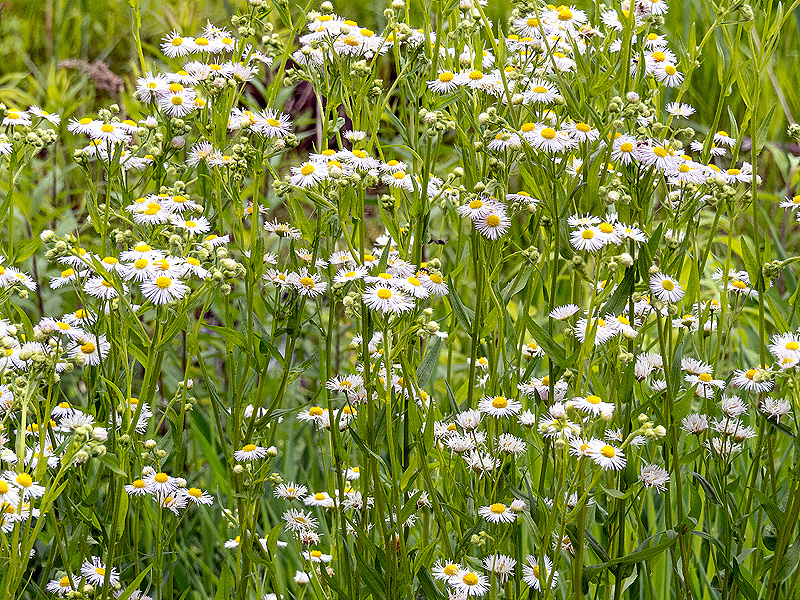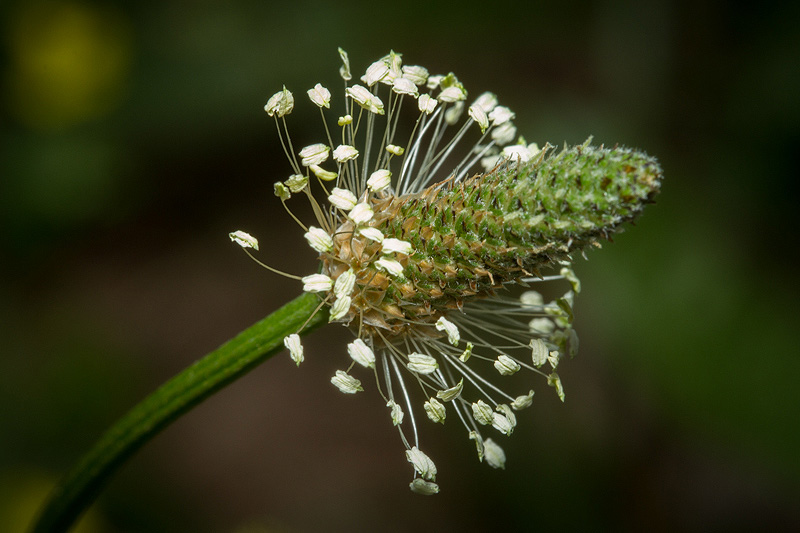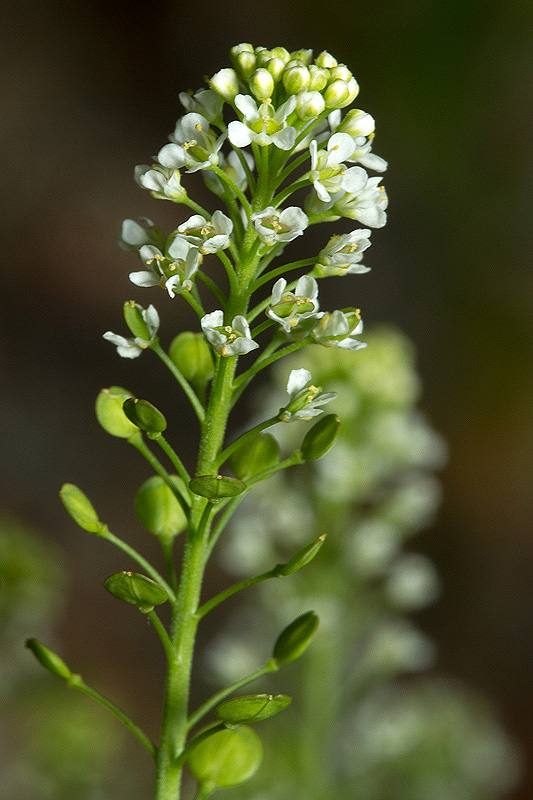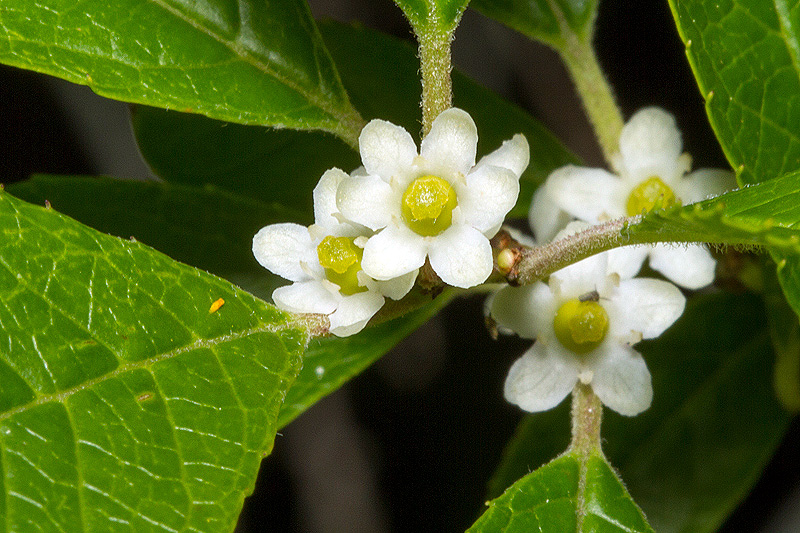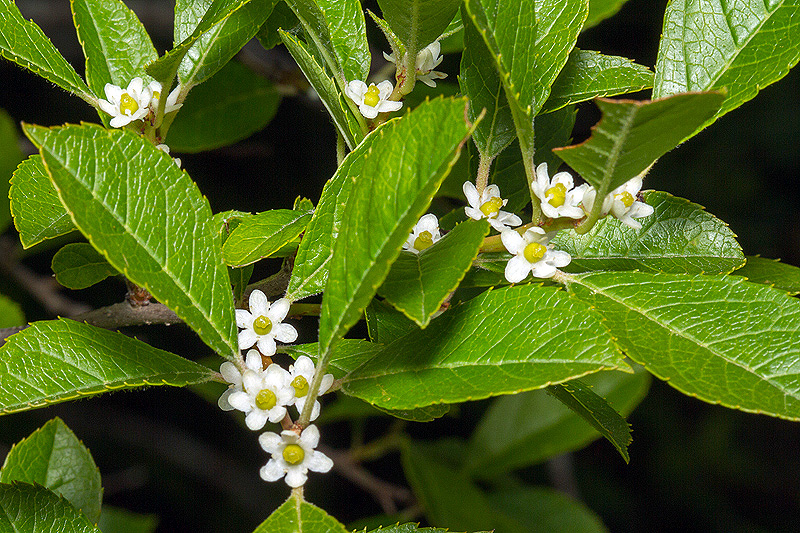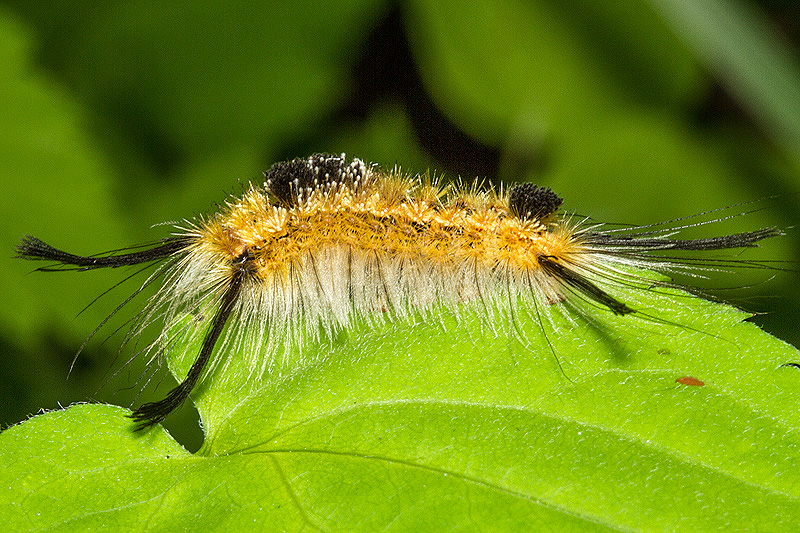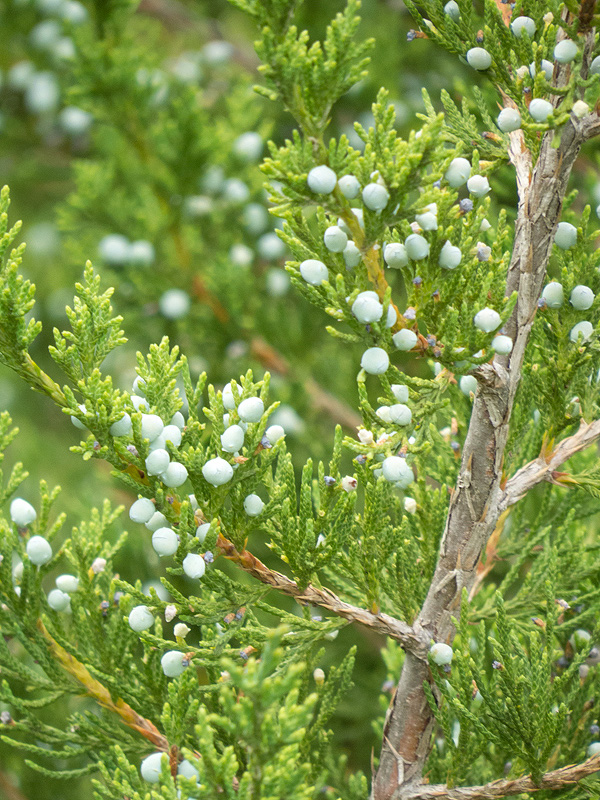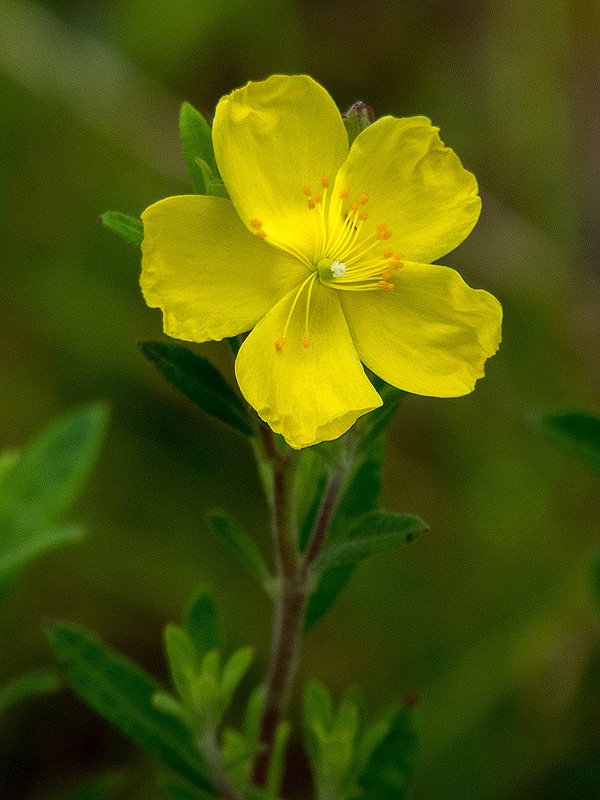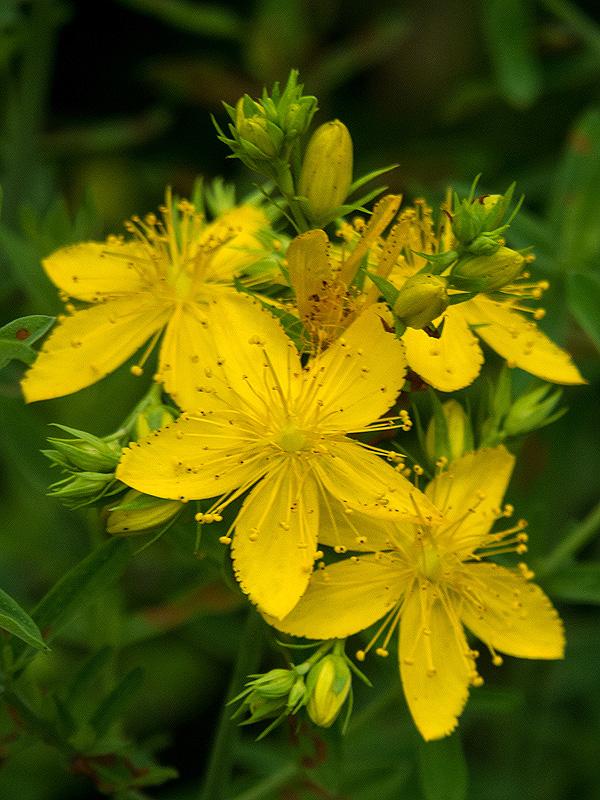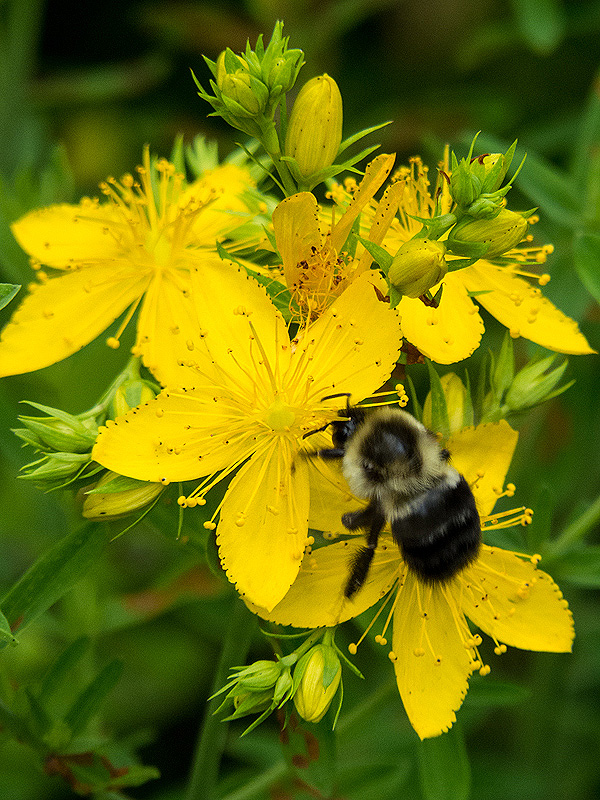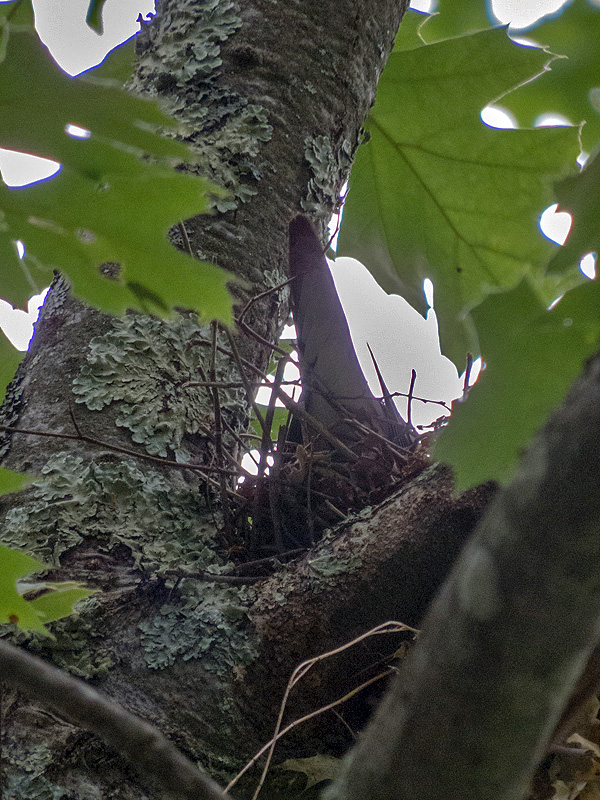Along the Air Line... 2015 - Spring, Part 13 The Air Line Trail in Eastern Connecticut - Stan Malcolm Photos |
mHome Page Stan's FlickR Albums |
June 14th. Carolina Roses (Rosa carolina) putting on a nice display this year. |
|
Whorled Loosestrife (Lysimachia quadrifolia). |
|
|
Goslings invisible in the tall sedges, but their location is obvious. |
Later, the family came out for a tour of the marsh. One gosling found a bit of shade. |
|
\
|
|
|
June 17th. Great Blue Heron (Ardea herodius). |
|
A male Black-winged Damselfly (Calopteryx maculatum). |
An afternoon walk east of Cook Hill Road in Lebanon. The marsh is still nearly dry but a few Tree Swallows (Tachycineta bicolor) were still around. |
|
Lots of wildflowers and butterflies, starting with Black-eyed Susans (Rudbeckia hirta). |
|
Milkweed (Asclepias syriaca) has started blooming... |
...attracting Great Spangled Fritillaries (Speyeria cybele). |
This fritillary is probably a male... |
...picking up nutrients from animal dung. These will be passed to the female with his sperm as part of a "nuptial gift" important for her fertility. |
A Silver-spotted Skipper (Epargyreus clarus) nectaring on Red Clover (Trifolium pratense). |
|
Clover is really pretty close up. |
What we see as a clover flower is really a cluster of much smaller flowers. |
This is more obvious in Yellow Sweet Clover (Melilotus officinalis)... |
...and the related Crown Vetch (Coronilla varia). |
|
I saw several Monarch-mimic Viceroy butterflies (Limenitis archippus). |
|
|
Territorial, so pretty easy to photograph: if you spook them, they soon return. |
Juvenal's Duskywing skipper (Erynnis juvenalis) is also territorial. This one was defending its territory by chasing Viceroys that came close. |
Little Wood-Satyr (Megisto cymela). |
Summer Azure (Celastrina neglecta). |
Cabbage White or European Cabbage Butterfly (Pieris rapae). |
Water-hemlock (Cicuta maculata). |
|
A wasp (Family Ichneumonidae?) on the Water Hemlock... |
...and a Longhorn Beetle (Family Cerambycidae). |
Elderberry (Sambucus canadensis). |
|
Fleabane (Erigeron sp.). |
|
English Plantain (Plantago lanceolata). |
Poor-man's Pepper or Peppergrass (Lepidium virginicum). |
Winterberry (Ilex verticillata). |
|
Yellow-based Tussock Moth (Dasychira basiflava). |
Eastern Red Cedar (Juniperus virginiana). |
June 20th. Frostweed (Helianthemum canadense). |
Common St. Johnswort (Hypericum perforatum). |
|
Mourning Dove (Zenaida macroura) on its nest. |
